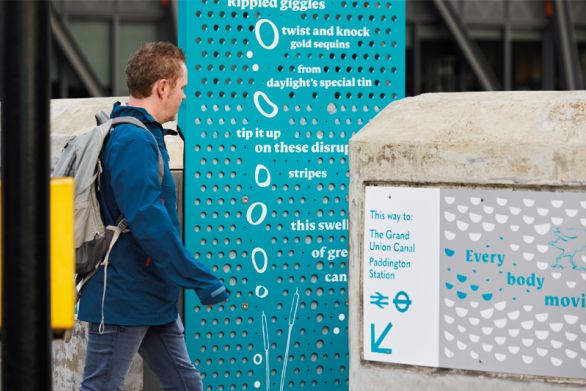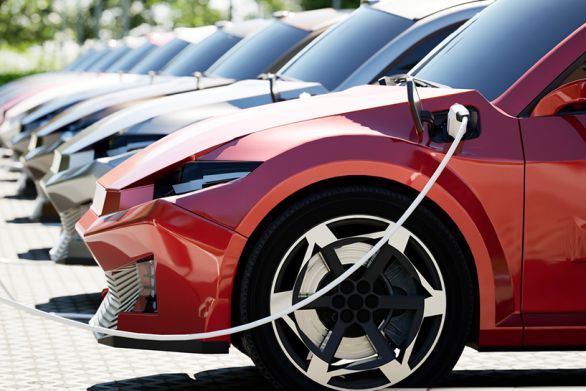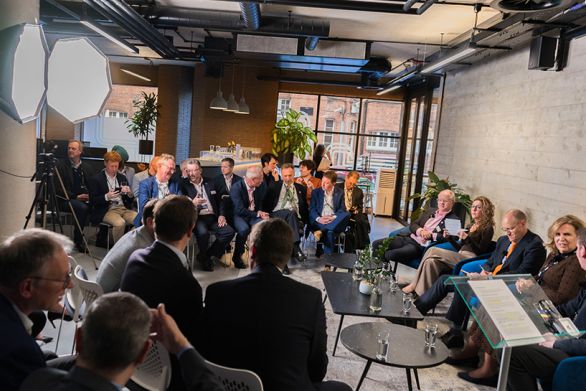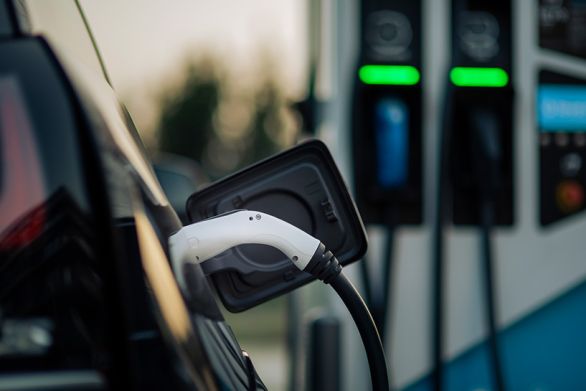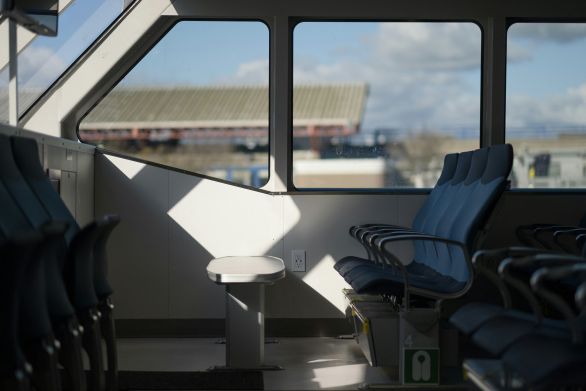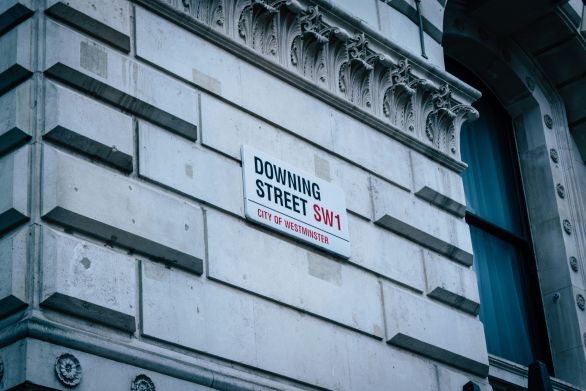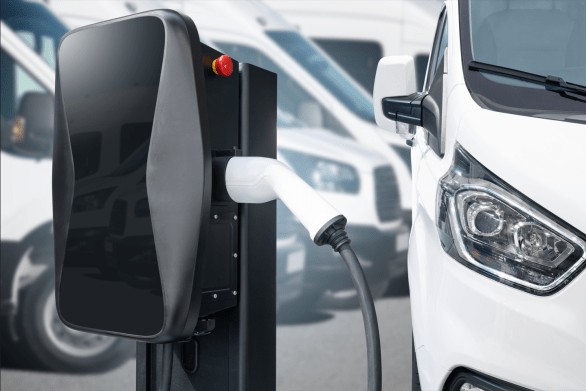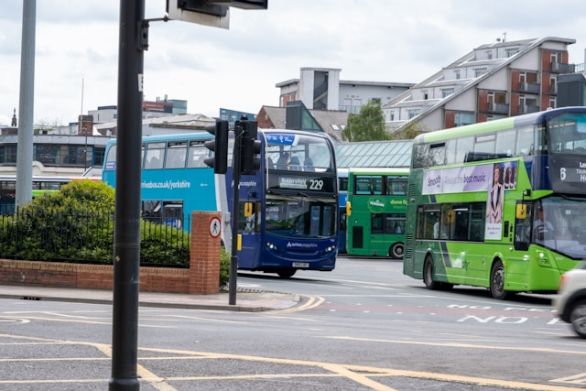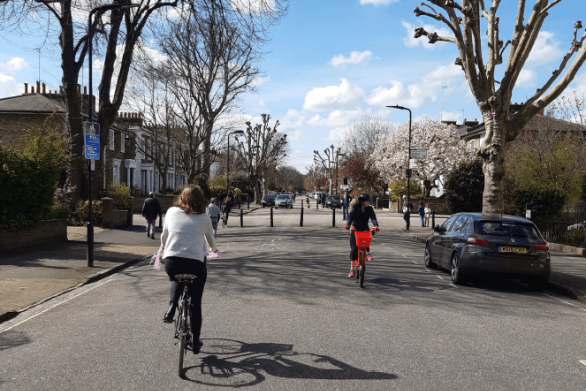What is the future for smarter choices in a world where local authority funding is likely to be reduced by 20 to 40%?
An optimistic view is that the new fiscal reality means that authorities must seek to target available funds on ‘low-cost high-value’ interventions that can deliver real benefits, and within a time-frame that can help deliver benefits quickly to support economic recovery. A compelling body of evidence exists that clearly demonstrates that smarter choices can deliver economic benefits quickly and relatively cheaply. It clearly follows that authorities will decide to retain or enhance expenditure on smarter choices, and opt to focus reductions elsewhere.
This, however, is not the reality of the situation. We are aware that several authorities have already culled their smarter choices programmes, and this reflects an entrenched scepticism among many transport professionals and decision makers who view smarter choices as a ‘nice to have’ but see it of being of little strategic merit. There is a real risk that, following the outcome of the Spending Review in October, many other smarter choices programmes will fall victim to the same inertia.
What can be done to save Smarter Choices Programmes?
The answer to this is for smarter choices professionals to take the opportunity to ‘make the case’ for behaviour change in clear language that decision makers will understand. This must go beyond citing ‘reduced car usage’, to which the response may be ‘so what’, and we are aware that some politicians equate (wrongly) reduced car use with reduced economic activity.
‘Value for Money’ has been the mantra of Coalition in prioritising expenditure, and there is a clear emphasis on expenditure that promotes economic growth. Furthermore, the local and community focus of behaviour change initiatives would appear to fit much better with the ‘Big Society’ concept than many ‘conventional’ forms of transport expenditure.
The economic (productivity) benefits of behaviour change interventions can be significant in the form of reduced congestion, reduced costs of business travel and reduced absenteeism. Individual organisations can also benefit in a number of ways including improved access to customers and more productive use of car parking. These benefits can be valued within appraisal and then directly compared, in the form of cost-benefit analysis, with competing forms of transport expenditure. The evidence to date suggests that smarter choice programmes can deliver very high benefit-cost ratios compared to other infrastructure measures, and therefore that undertaking a robust economic appraisal is the best means to secure ongoing funding levels.
There is also increasing recognition of the role smarter choices can play in achieving wider policy outcomes including health benefits and reducing carbon. Transport Secretary Philip Hammond recently stated that to deliver a ‘sustainable’ transport system, technology solutions will not be sufficient; “Behaviour change will also be necessary”. Again, appraisal can demonstrate how smarter choices can help deliver these policy outcomes, and hence support its inclusion as a core part of an authority’s transport strategy.
Steer Davies Gleave has been at the forefront of developing the appraisal of ‘innovative’ interventions such as smarter choices, walking and cycling. This builds on our core strength in economics and business case appraisal to apply these techniques to behavioural and other ‘soft’ interventions. For example, we undertook the appraisal of Manchester and Cambridge’s behaviour change, walking and cycling strategies as part of their TIF submission. We have also undertaken similar exercises on behalf of TfL, the Olympic Delivery Authority, The Northern Way and others.
Background information
Recent press reports and indications from the Treasury and DfT anticipate the Government’s spending review could prompt a 30% cut for three streams of Local Implementation Plan (LIP) funding: corridor/neighbourhood schemes (primarily engineering measures); ‘smarter choice’ travel behaviour change policies; and the £100,000 local transport projects award to each borough.
Transport Secretary Philip Hammond has admitted that technology alone will not be sufficient to deliver a ‘sustainable’ transport system. “Behaviour change will also be necessary,” he told a ‘Sustainability Summit’ sponsored by computer manufacturer IBM last week. “In the short-term because technological change alone will not get us where we need to be fast enough on the urgent agenda of greenhouse gas reduction, but in the longer-term because other elements of a sustainable transport solution – in particular, dealing with congestion – cannot be solved by technological advance alone.”
